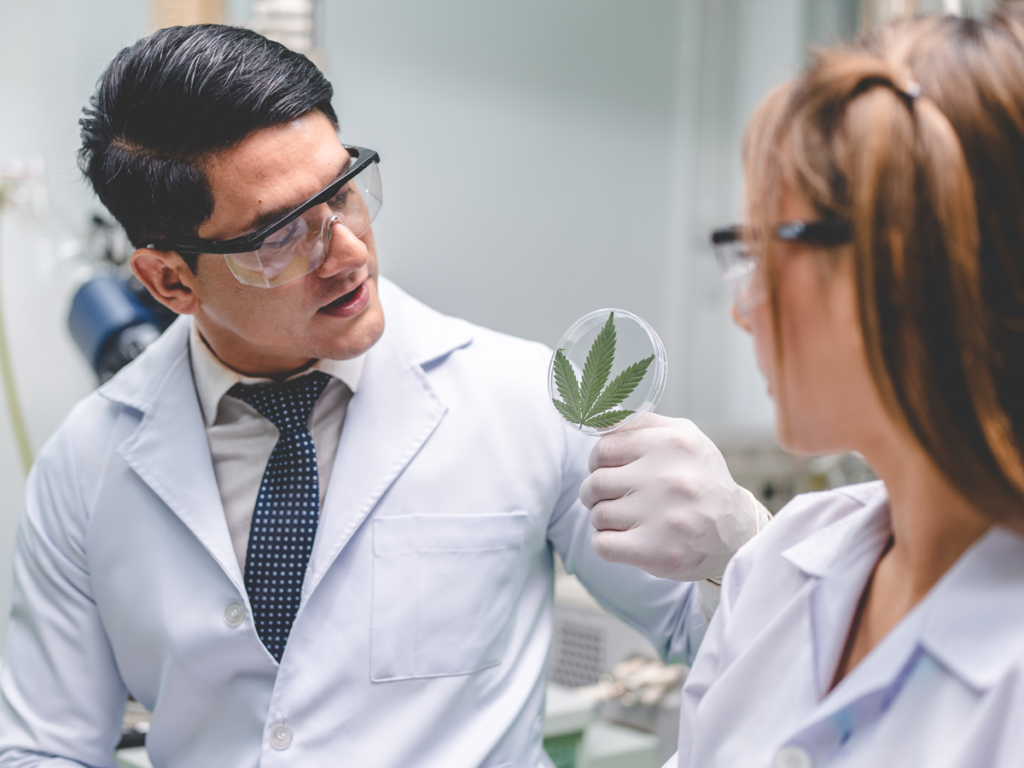As the hemp industry expands, an increasing array of hemp products emerges on store shelves across the nation. With each revelation about this remarkable plant, the diversity of available goods expands. Yet, for numerous shoppers, from novices to connoisseurs, the quest for a top-notch product can seem akin to searching for a needle in a haystack.
Fortunately, there are strategies available to aid shoppers in discovering their desired item while reducing the chance of selecting an inferior one. Here are a few approaches shoppers can employ to secure a quality product:
Does the Product Have a COA?
A certificate of Analysis, or COA for short, is the third party testing results from a certified laboratory. COAs contain important information about hemp-based products, such as;
- THC potency
- Cannabinoids present in the product
- Any contaminants found within the product
- When the product was made and/or tested
- The presence of any pesticides, herbicides, molds, etc. within the product
By law, every hemp product should be tied to a COA. Not only does this serve as a quality control measure, but also verifies the product falls within federal and state guidelines.

Read the Reviews
Taking time to read the reviews on a product you are considering will save you time and money in the long run. Brands that value honesty and transparency want to hear what their customers think about their products. In turn, new shoppers get an inside look at how their experience with the same products could be.
Similar to COA’s reviews can hold a wealth of information. Some of this information can include;
- How the individual felt after using a product
- Any side effects an individual felt from a product, whether they be good or bad.
- What an individual liked or disliked about a product.
What Educational Information Does the Brand Provide?
A brand might offer the best products on the market, but if customers don’t know how to use them, they won’t get the experience they deserve. That’s why investing in customer education is crucial for any quality brand.
The approach to promoting education can vary based on factors like the audience, products, and business model. However, common places to find informational and educational content include:
- Social media (Facebook, Instagram, TikTok, etc.)
- A blog on the brand’s website
- YouTube videos
- Podcasts

What Contact Information Does the Brand Provide?
Reliable and transparent brands prioritize being accessible to their customers for any questions or concerns. This commitment fosters honesty and builds a strong connection between the consumer and the brand.
Some of the most popular ways brands provide contact information include;
- Emails
- Phone numbers
- Live Chat
Contact information types can vary from brand to brand, similar to educational content. However, the quality brands want to ensure that their shoppers can contact them easily and quickly.
How do Brands Use AI?
Regardless of your opinion on artificial intelligence, it’s here to stay and is actively being utilized. For shoppers, the key focus should be on how AI is being employed, rather than whether it’s being used at all. When it comes to hemp-based product marketing, consider asking the following questions:
- Is AI being used to enhance the consumer experience or is it being used as a quick replacement for quality content?
- Are brands using visual AI images as a replacement for real photos?
- Do any AI images used violate any copyright laws?
Quality brands will be selective about how they use AI. Vice Versa, fly-by-night brands may use it to appear transparent while still falling short.
The Bottom Line
Searching for a hemp-based product can feel overwhelming, even for experienced shoppers. However, using the tools mentioned above can streamline the process, saving you time, money, and reducing stress. By applying these quality control techniques in your search, you’ll set yourself up for a successful purchase.
